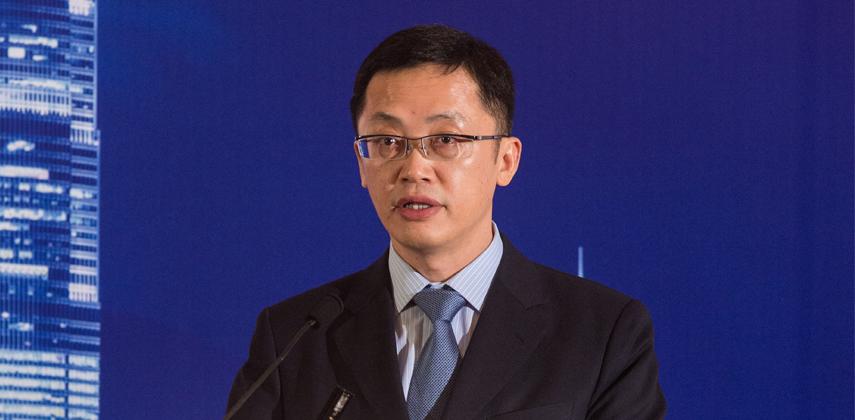In his opening remarks during the conference preceding the Great Place to Work in Greater China awards, Wilson Li, chairman of the Shanghai Foreign Service Company (SFSC), drew on his organisation’s experience of the changing nature of workplace relationships in mainland China.
A strategic partner to the GPTW Conference and Awards Ceremony, SFSC is also one of the largest, and longest-standing, human resources service providers in China. Established in 1984, SFSC works with both Chinese and non-resident employees of foreign invested enterprises, state-owned enterprises and foreign representative offices.
The company provides services for over 25,000 clients and 1.5 million employees in China, representing 85 per cent of the Fortune Global 500 list of the world’s largest companies.
Looking to the future, Li sees the world on the eve of a new revolution – one with information technology at its core.
“A ‘new normal’ of industrial development has emerged from the accelerated convergence between the internet and traditional industry,” he said.
“Nowadays, people describe the environment we inhabit using the acronym VUCA – volatile, uncertain, complex and ambiguous – as it is one that is characterised by an ever-growing number of disruptive technologies, newly emergent dynamic industries, new types of business and the rapid creation of new models.
“In today’s world, science and technology are the primary drivers of productivity, while talent is the first resource. In this context, attracting, motivating and retaining that talent are the primary objectives for all enterprises, and also the most challenging issues for the HR profession.”
Li cited last year’s GPTW report, entitled “The Dawn of the Great Workplace Era”, when pointing out some solutions to these issues. He said that, during their working lives, Generation Y and millennials care more about fulfilment and harmony than salaries or benefits, and companies therefore need to rethink how they engage this cohort.
“These employees will be engaged by daily interaction based on trust, mutual respect and harmonious relationships with their colleagues. We find that the trust between management and employees in their daily interaction is the fundamental force that makes a company prosperous.”
Li said he had listened attentively to the practical measures shared by a number of companies during the events SFSC had jointly hosted with GPTW. The best organisations to work for, he discovered, shared his belief in the importance of common values, such as trust, respect, fairness and pride.
Li said he hoped that events such as the GPTW Conference and Awards Ceremony could inspire other organisations to take the steps necessary to become one of the Best Companies to Work For.


